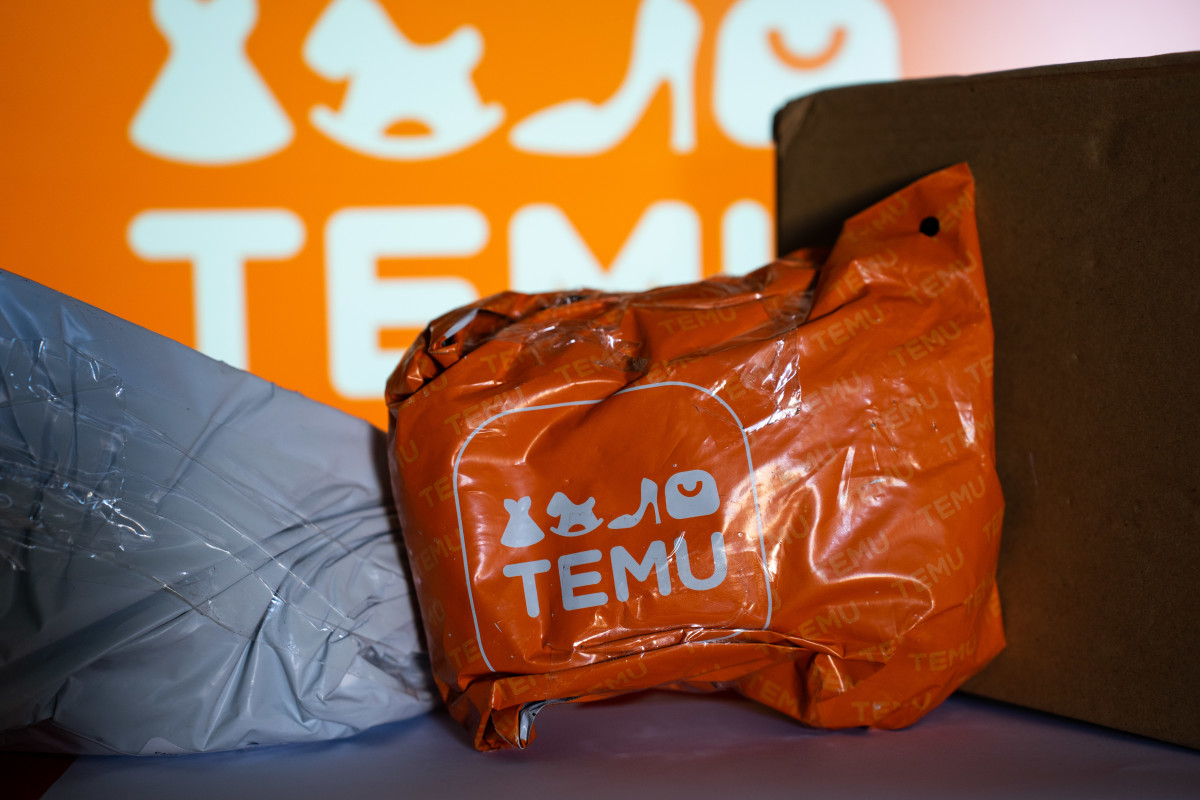
Over the past few years, consumers have fallen in love with the online shopping app Temu. The app sells a wide range of items at low prices that almost seem criminal. However, according to Arkansas Attorney General Tim Griffin, the idea of the company engaging in actual criminal activity is not far-fetched at all.
The attorney has filed a lawsuit against Temu, accusing it of selling items at low prices in exchange for sensitive information from its customers, who are unaware that the app is quietly collecting personal data from multiple apps on their devices.
Related: Popular fast-fashion brand hikes prices amid controversy
“Temu is not an online marketplace like Amazon or Walmart,” said Griffin in a press release. “It is a data-theft business that sells goods online as a means to an end.”
In the lawsuit, filed June 25, Griffin alleges that once a consumer downloads the Temu app on their device, it quietly bypasses the data privacy settings that the user has set in place and collects data about them, making a profit by selling it to third parties.
“Temu is purposefully designed to gain unrestricted access to a user's phone operating system, including, but not limited to, a user's camera, specific location, contacts, text messages, documents, and other applications,” reads the lawsuit. “Temu is designed to make this expansive access undetected, even by sophisticated users.”
Infiltrating these settings allegedly allows Temu to take control of users’ devices, allowing it to “read a user's private messages, change the phone's settings, and track notifications,” according to the lawsuit. The app also allegedly has even obtained biometric information such as fingerprints from users' devices.

Temu is also accused in the lawsuit of using misleading requests to obtain information about a user’s “precise location.” For example, when a user tries to upload an image to the Temu app, the app asks the user whether or not it can have permission to access their “precise” or “approximate” location for what appears to be associated with the photo upload, but it is allegedly for whenever the user engages with the app.
The lawsuit also claims that consumers who have never even signed up for Temu are also at risk of having their sensitive information collected. Consumers who “engage in electronic communications” with Temu users via text messages or email could allegedly also have their private conversations “subject to harvesting.”
In an emailed statement to TheStreet, a Temu spokesperson said that the company denies all allegations in the lawsuit.
"We are surprised and disappointed by the Arkansas Attorney General's Office for filing the lawsuit without any independent fact-finding," said the spokesperson. "The allegations in the lawsuit are based on misinformation circulated online, primarily from a short-seller, and are totally unfounded. We categorically deny the allegations and will vigorously defend ourselves."
Temu accused of sharing data with China's government
Temu is owned by PDD Holdings, which is “a Chinese company that is subject to Chinese law,” according to the lawsuit. Griffin claims that Chinese law requires the company to cooperate with China’s national intelligence agencies to provide them with data that is of “security interest,” which may include the data that it allegedly obtained from U.S. consumers.
More Retail:
- Walgreens limits purchases of a viral candy product
- Target faces disturbing lawsuit for allegedly putting shoppers at risk
- Amazon is giving up on allowing customers this one privilege
This is not the first time the Temu app has raised privacy and security concerns. Last year in May, Montana banned Temu from government devices statewide for being “tied to foreign adversaries.”
Even though Temu has skyrocketed in popularity amongst consumers, with over 100 million active U.S. users, consumers don’t really trust the app. According to a recent survey from Omnisend, only 7% of U.S. consumers that were polled said that they trust Temu, but 68% said that they still shop on the app despite their lack of trust. Low prices was what Americans in the survey said they liked the most about the app.
Related: Veteran fund manager picks favorite stocks for 2024







